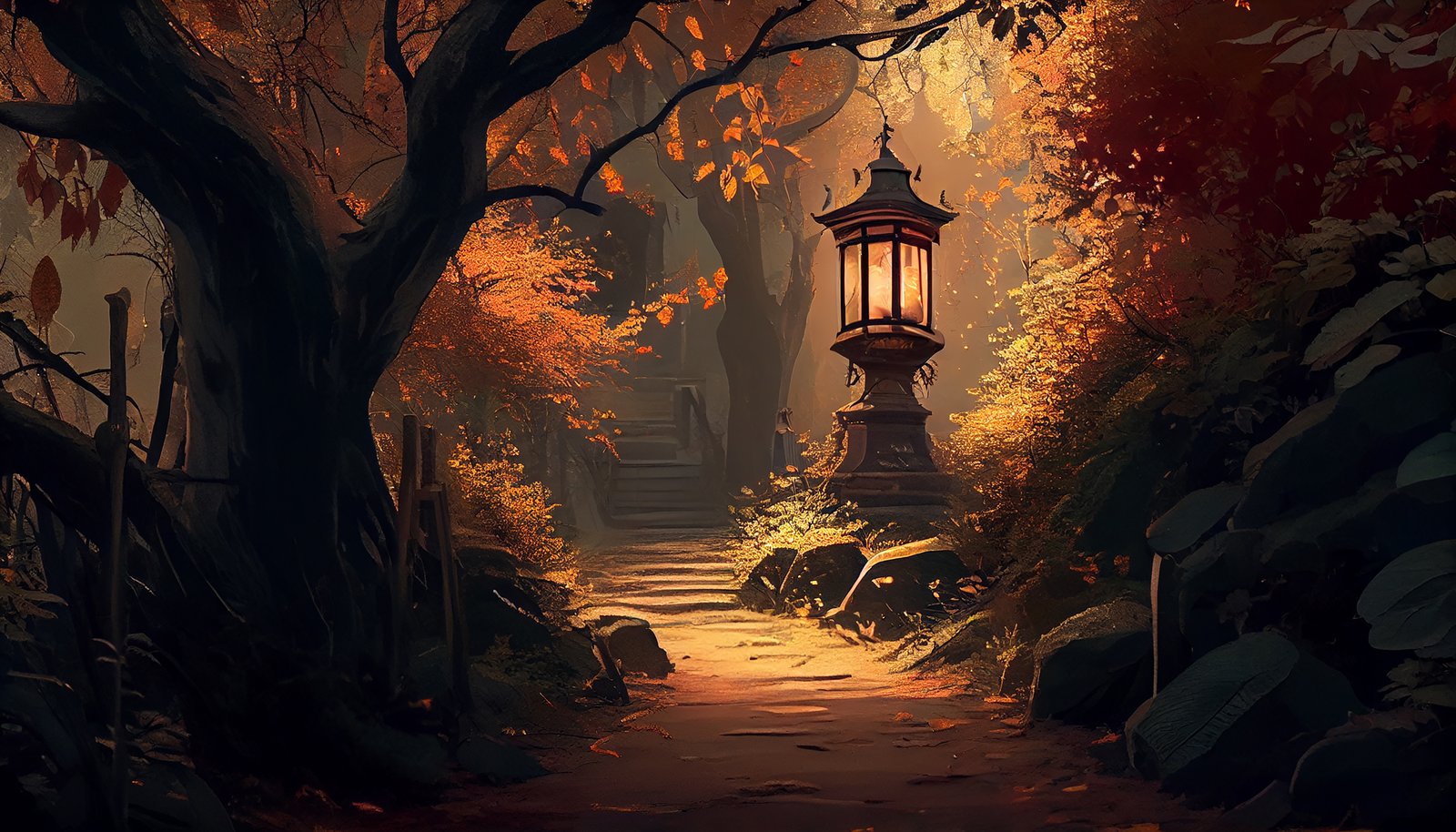A definition of what fantasy writing entails
About different types of fantasy subgenres
The difference between fantasy and sci-fi
Opportunities as a fantasy author
The main personal skills and qualities a fantasy writer should exhibit
Things to consider when world building and creating magical systems
How to hone and improve creativity and writing skills
Preparing to become a fantasy writer and the importance of impeccable spelling and grammar
How to get the most from reading other fantasy books as a prospective fantasy writer
Some good resources for discovering new books to read and finding out about fantasy authors
About George MacDonald, J.R.R Tolkien, William Morris and C.S. Lewis – The grandfathers of
modern fantasy literature
About George R.R. Martin, Philip Pullman, Patrick Rothfuss and Daniel Abraham – Fantasy
authors from recent years
About choosing a suitable audience for your story and how it will affect the end result
The main different age ranges fantasy books are aimed at
The advantages and disadvantages of first person and third person viewpoints
How to make transitions between viewpoints
Why the first page of a book is so important for fantasy writers
Ideas for writing a great first page starting with an amazing first line
What information you should include in your first page
Why rules and consistency are important when creating both new worlds and magic systems
Why characters are so important when writing your fantasy novel
Where to find inspiration for your characters
About building believable characters by creating profiles and personalities for them
How to add supernatural qualities and a background story
What a story needs in regards to conflict, tension and plot
Whether you need to make a plan before starting to write and what this plan should include
How to give your story structure and what the beginning, middle and end should contain
Some common plot pitfalls and how to avoid them
What backstory is and why it is necessary to have it as part of your fantasy novel
Why it’s important to limit the amount of backstory you use and keep it relevant
When you should include backstory and when you shouldn’t
How to include backstory in different ways in your fantasy book
About using writing prompts to get you writing and give you inspiration
Why some practical writing exercises are fun and rewarding
About offering up your work for criticism and feedback
How to find a workshop to join that suits you





